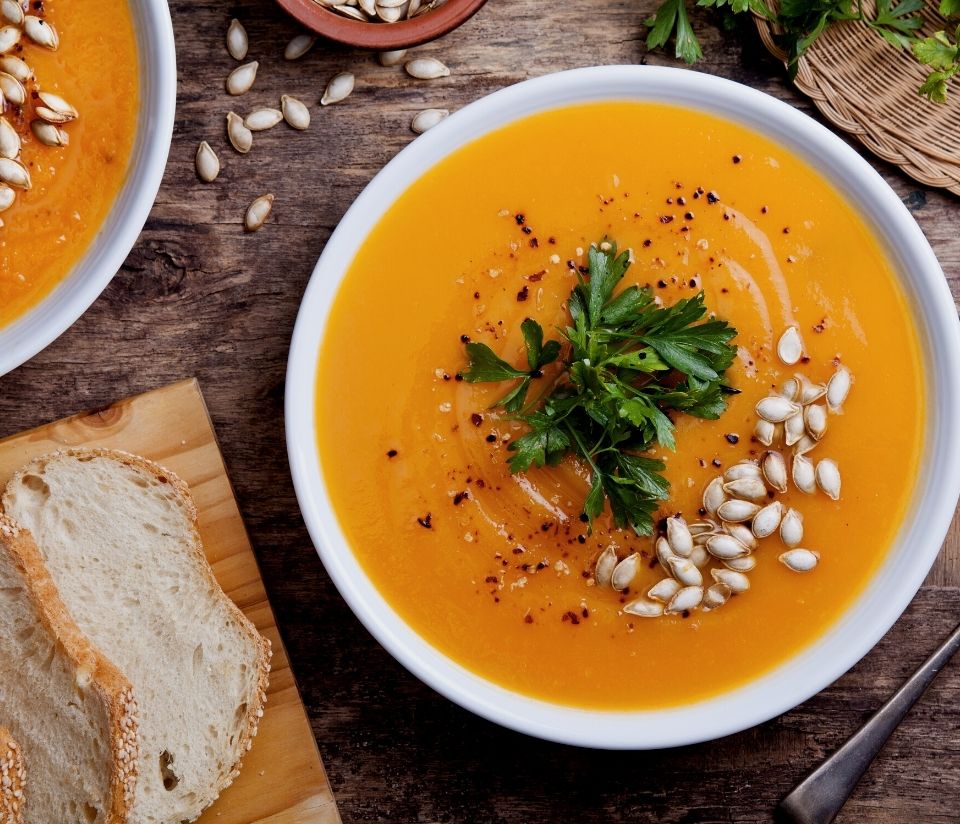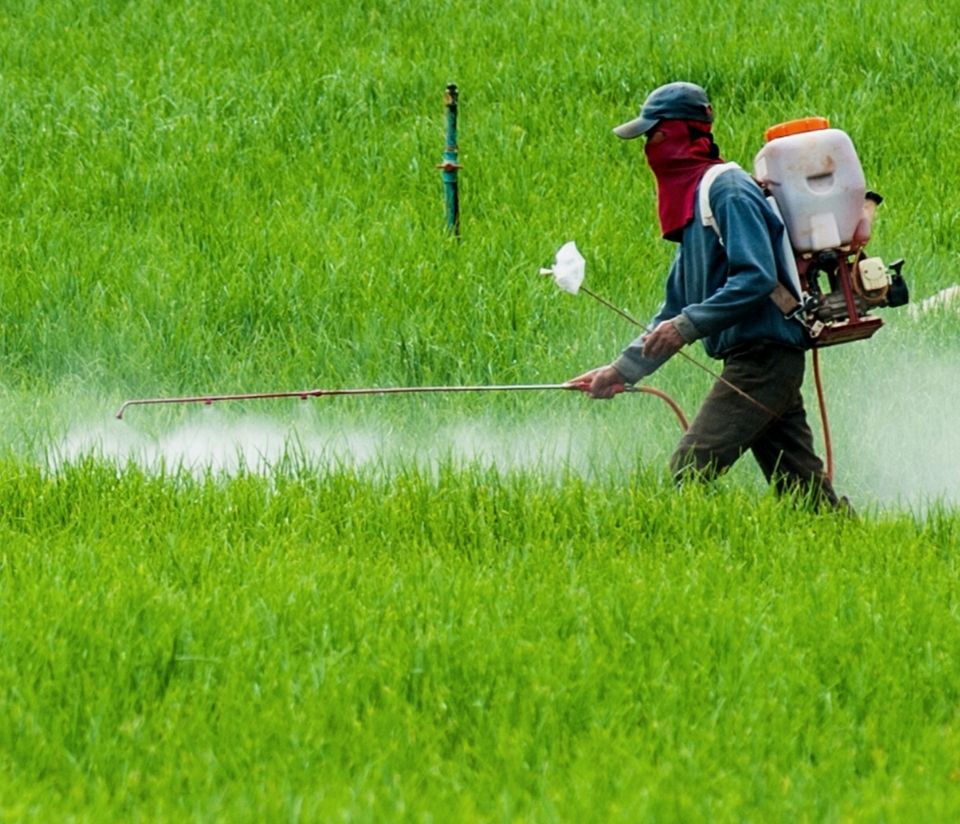
Ethical & Organic Soup
Which Soup brands are the most ethical and sustainable? For the answer, see our Ethical Soup Ratings Table to compare brands’ ethical scores.
A lunchtime go-to
Soup is a warming, nutritious and easy-to-make meal. Whether it’s a wintery day, you’re on the go, or you’re feeling a little under the weather, it’s one of the nation’s favourite foods. 18 million of us in the UK enjoyed a bowl in 2020, according to a Statista study. But some brands come with their own issues, harming the Environment, People and Animals.
But soup brands might not be as wholesome as they seem: plastic packaging, high salt content, pesticide-use and misleading consumers about breast milk substitutions, it’s not exactly a clean track record.
Check your favourite brands in our Ethical Soup Ratings Table and see how companies score for the issues you care about most.
Can soup packaging be recycled?
Most households can recycle soup tins alongside other domestic recycling. Aluminium is one of the most recycled packaging materials in the UK, and so buying tinned soup can be a good way to ensure that your lunch doesn’t end up in landfill. However, soup in plastic tubs are a slightly different story. Buying tinned soup might be a more sustainable option than plastic tubs, because recycling plastic is more difficult, causes degradation, and has lower reuse rates than recycling aluminium.
Plastic soup pouches are also not recyclable in lots of areas around the UK, though they can be recycled at certain specialised centres. Find out how to recycle plastic food packaging and other waste at www.recyclenow.com/recycle-an-item.
A nutritious, healthy meal? Salt content and the use of pesticides
Though brands often market their products as wholly nourishing, consumers should be aware that both tinned and ready-made soup often has high salt content. 250g of instant mix can contain 23% of an adult’s recommended daily salt intake. If your doctor has recommended that you skip the salt for your blood pressure, why not try making a homemade stew as a healthy alternative?
Ethical consumers might want to consider the health benefits of buying organic soup. Non-organic vegetables may have been grown using pesticides, herbicides, fungicides and insecticides. Not only do these agrochemicals have an adverse effect on the Environment, People and Animals that come into direct contact with them, but traces of these pesticides can be found in tomatoes.
There’s no doubt that tomato soup is one of the most popular flavours. With recognisable brands such as Campbell’s and Heinz selling many billions of tins in the past 100 years, it’s concerning to know that tomatoes feature on PAN UK’s ‘Dirty Dozen List’. (Both Heinz and Campbell’s score poorly in our ratings table). This list shows which fruit and vegetable samples had high ‘pesticide cocktail’ residues present. The use of pesticides in tomato agriculture might be a good reason to buy organic. Check our Ethical Soup Ratings Table to see which brands offer organic products.

Popular soup brands and their controversies
The breastfeeding advocacy group IBFAN has criticised tinned soup company, Heinz for marketing baby food to parents and carers, and packaging these products as suitable for babies under 6 months. (Parents and carers please note that babies should not be weaned from breastmilk or special baby formula before 6 months if possible, as recommended by the NHS.) In 2021, Heinz was fined $63 million for fraud, which mislead its investors as to how much Heinz could make its products for. Ethical shoppers concerned about misleading marketing may want to avoid this soup brand because of these controversies and allegations.
Ethical soup brands producing organic soup
For an extensive and comprehensive guide to UK soup brands, check out our ratings table. Look out for the companies in green to buy products that meet our ethical criteria. Both Tideford Organics and Mr Organic score well for most of our ethical criteria, and offer organic soup products, as well as vegetarian and vegan soup products.
One way of making sure that you’re consuming ethical and organic soup is to make soup at home! Soups, stews and broths are all fairly quick and simple recipes. You can buy organic vegetables, control the sodium quantity and rest easy knowing that you’re not putting money into the pockets of any unethical soup brands! Soup can also be frozen, so making large batches to eat throughout the week can be a great way to make life even easier. (And who doesn’t want that!)
See our Ethical Soup Ratings Table to compare brands
Our research team at The Good Shopping Guide has made detailed analyses of the most popular and readily available soup brands. Click on any brand name to read more about these companies’ commitment to and treatment of the Environment, Animals and People.
Clearspring, Mr Organic, Daylesford, Suma, Tideford Organics, Amy’s Kitchen, BOL, Bay’s Kitchen, Biona, Glorious!, Soupologie, Baxters, Deliciously Ella, PRESS, Mug Shot, Batcherlors, Ainsley Harriott, RE:NOURISH, Cully & Sully, Knorr, New Covent Garden, Yorkshire Provender, Heinz, Campbell’s, Crosse & Blackwell.